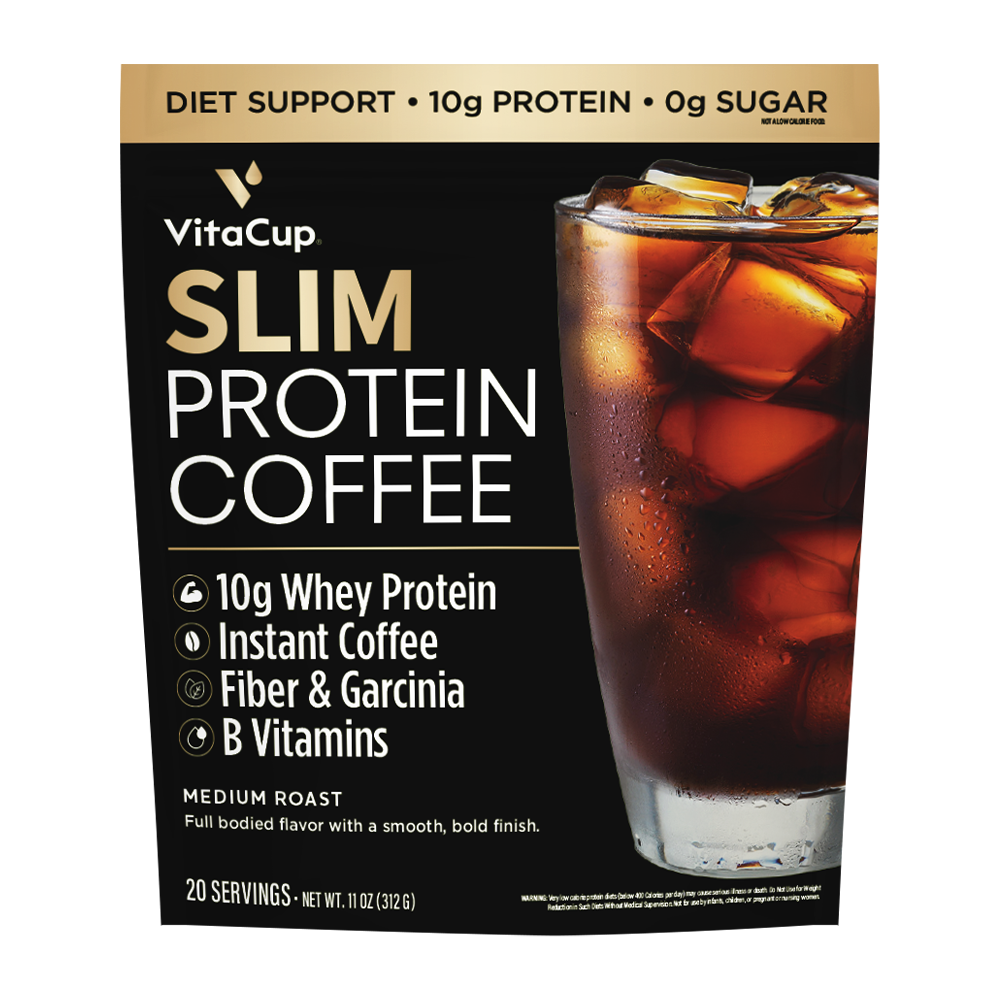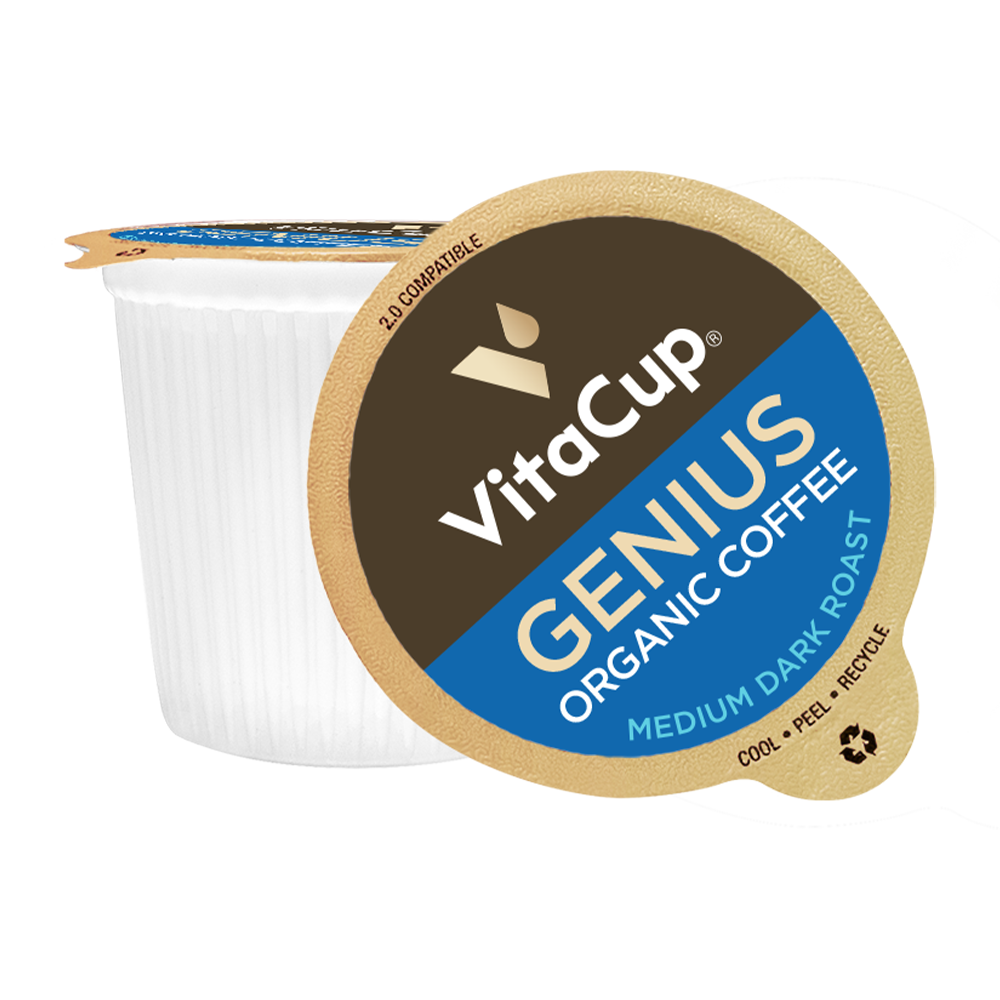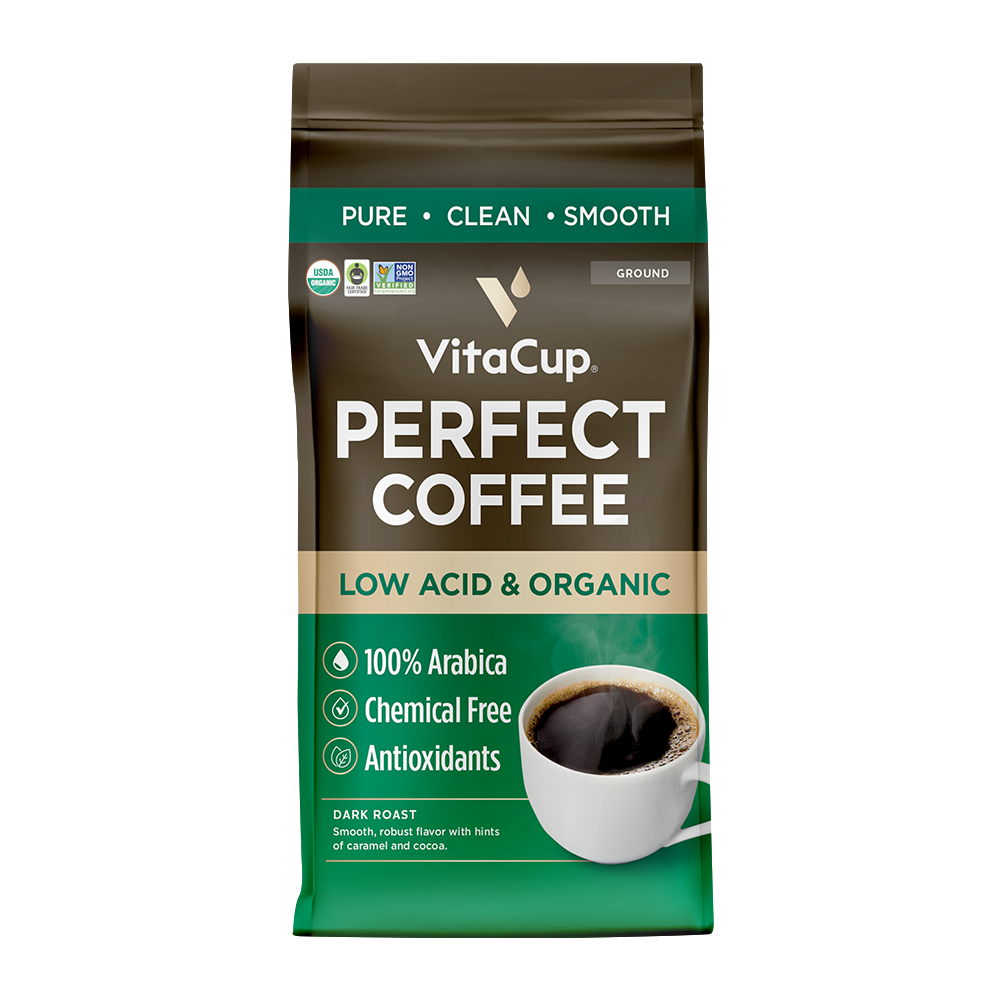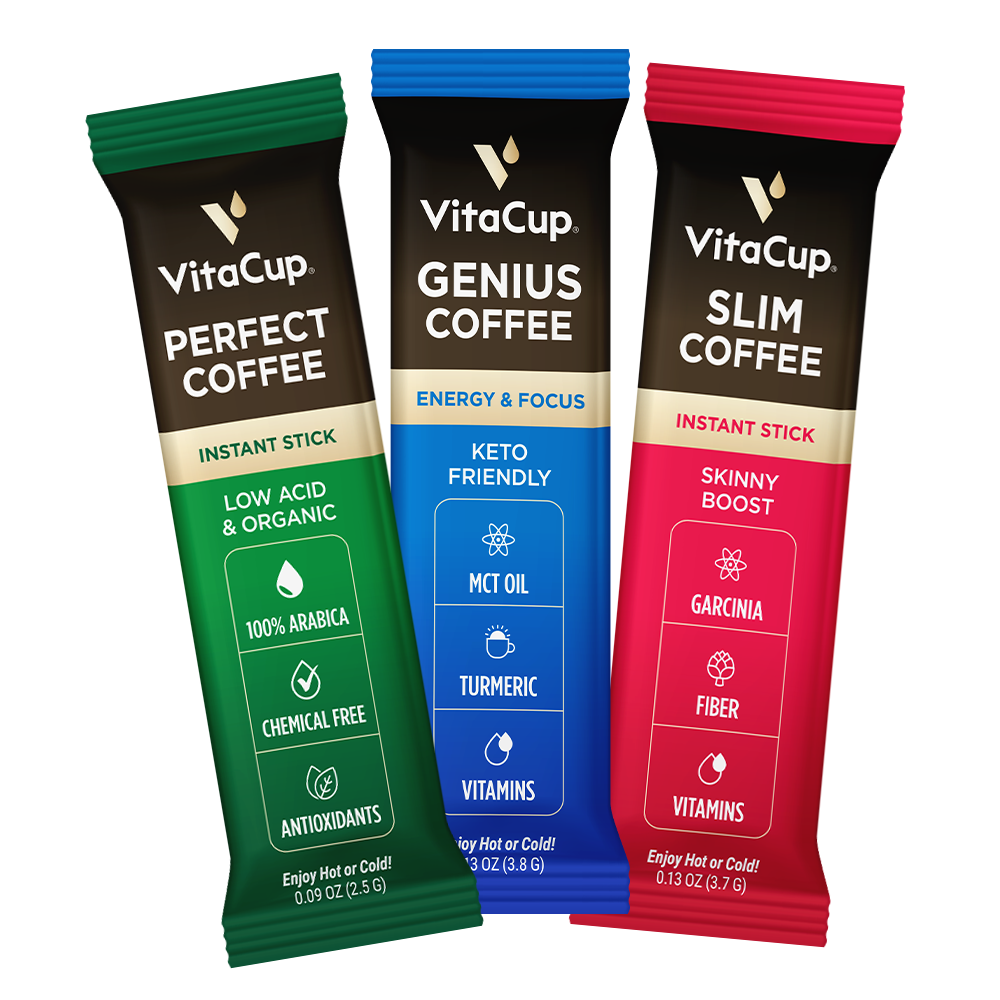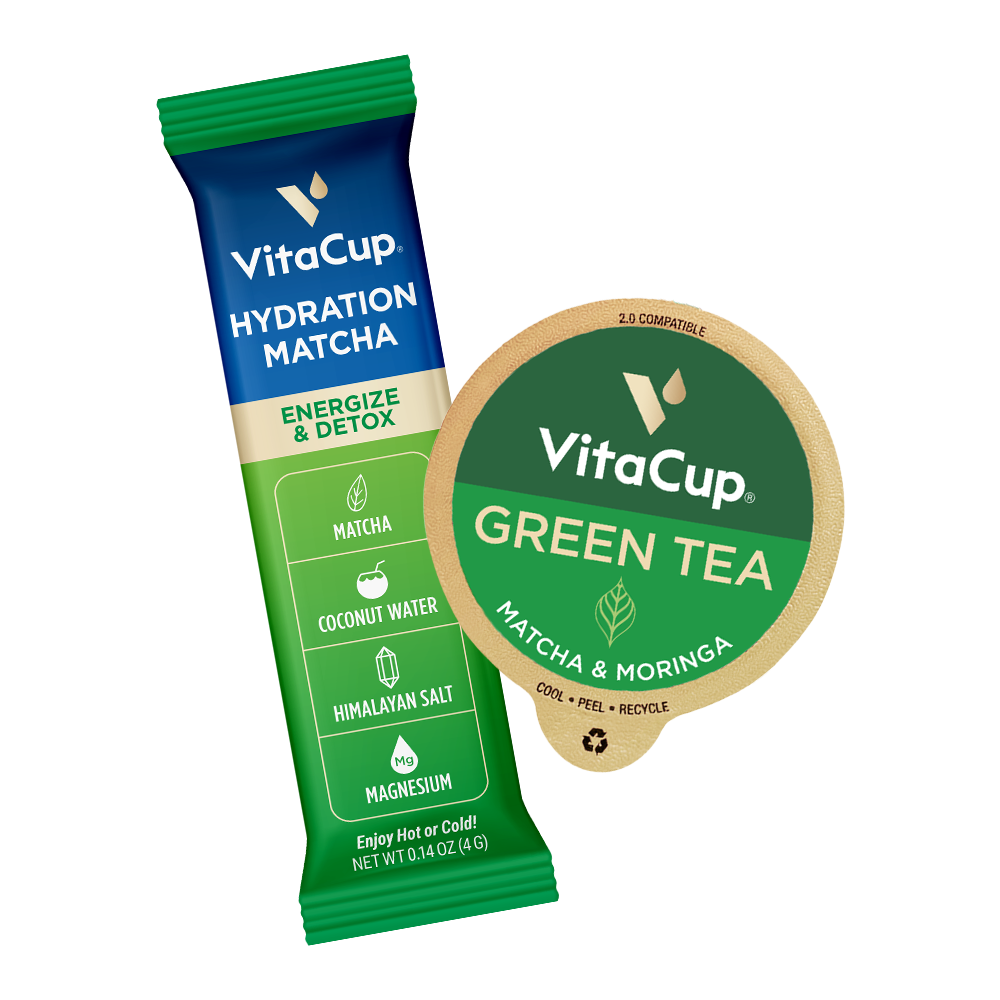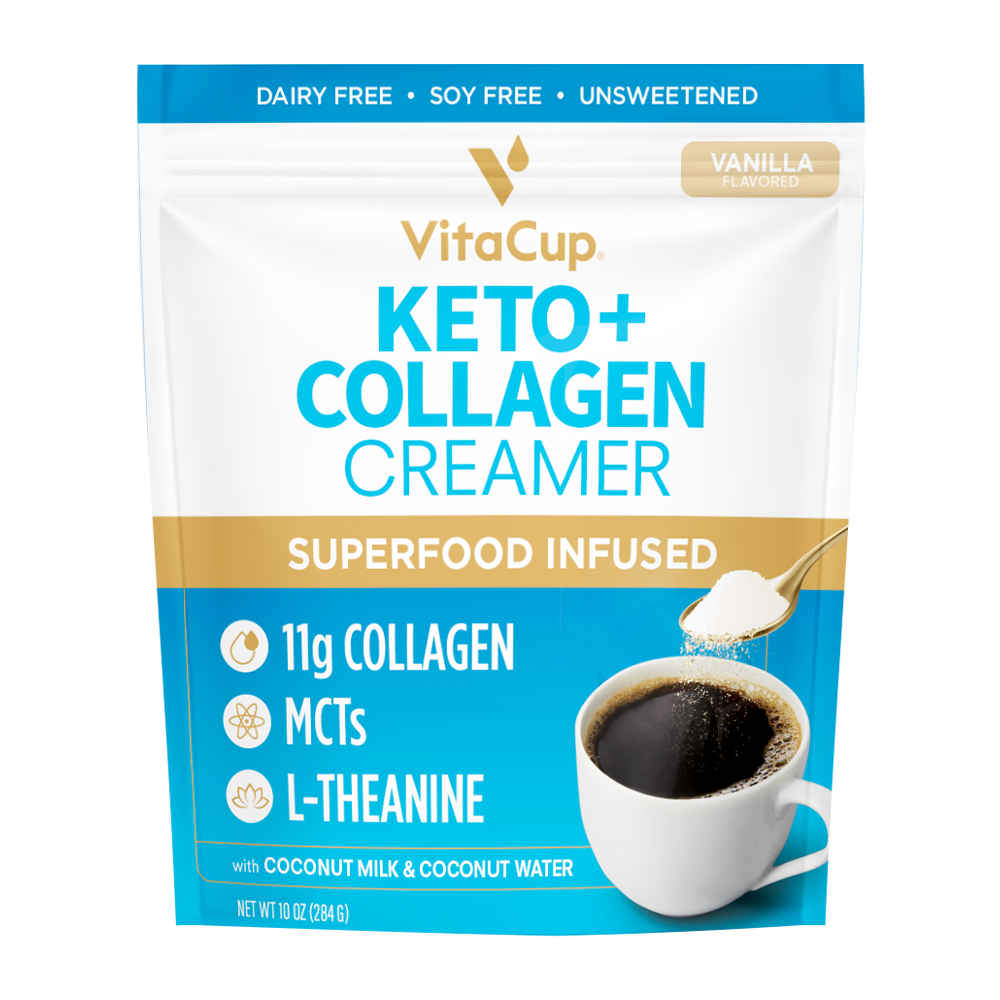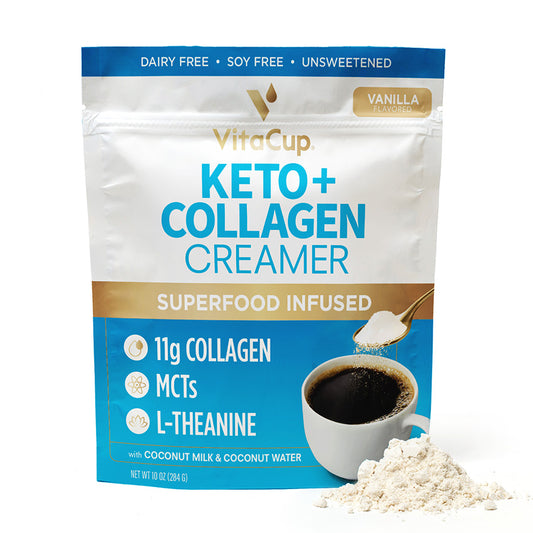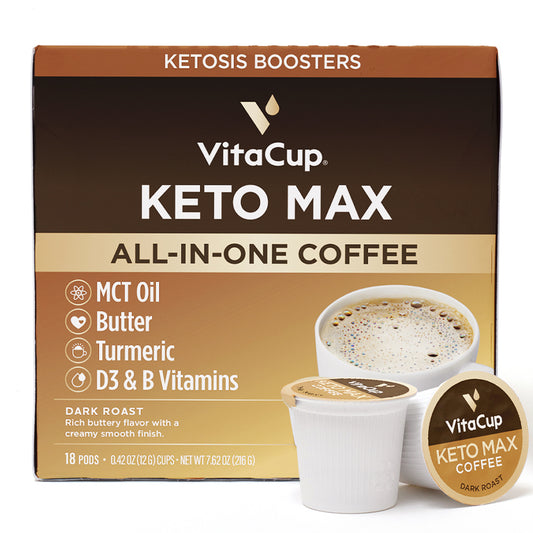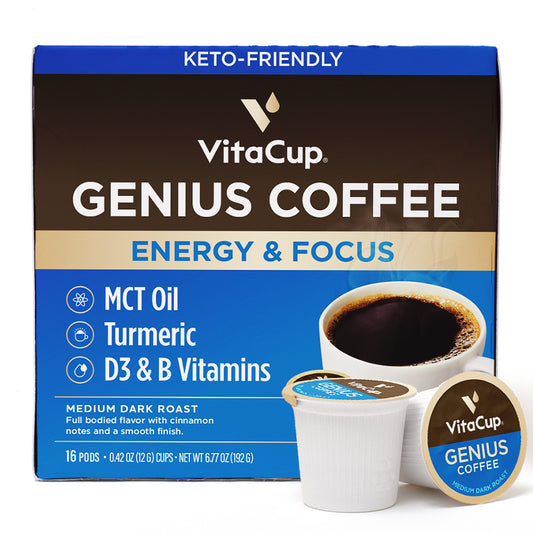What is a Ketogenic Diet?
A ketogenic diet is a high-fat, low-carbohydrate diet that has been claimed to have several health benefits. The idea behind the diet is to get your body into a state of ketosis, in which it is burning fat for energy instead of carbohydrates. To do this, you need to reduce your carbohydrate intake and increase your fat intake drastically. The diet can be very effective for weight loss and has also been shown to have benefits for specific medical conditions. However, it can be challenging to stick to and may not be suitable for everyone, so it's important to talk to a healthcare professional before starting a ketogenic diet.
Who Can Benefit From a Ketogenic Diet?
A ketogenic diet has been shown to have many potential health benefits and may be particularly useful for certain groups of people. Some groups that may benefit from a ketogenic diet include:
People with epilepsy: A ketogenic diet has been used to treat epilepsy for almost a century and is often an effective treatment for children with epilepsy who do not respond to medications.
People with type 2 diabetes: A ketogenic diet may help improve blood sugar control and reduce the need for diabetes medications.
People with Alzheimer's disease: Some research suggests that a ketogenic diet may improve cognitive function and slow the progression of Alzheimer's disease.
People with Parkinson's disease: Some early research suggests that a ketogenic diet may improve symptoms of Parkinson's disease.
People who are overweight or obese: A ketogenic diet can be an effective weight loss tool, as it helps to reduce appetite and increase fat burning.
A ketogenic diet may not be suitable for everyone, and it's always a good idea to talk to a healthcare professional before starting any new diet or exercise program.
How Can I Start a Keto Diet?
A ketogenic diet typically involves consuming a very low carbohydrate diet (usually less than 50 grams per day), moderate in protein, and high in fat. To get your body in a state of ketosis, a meal plan change is needed to ensure your intake of fats outweighs your intake of carbohydrates.
Some people may also need to carefully track their protein intake, as consuming too much protein can kick your body out of ketosis. The ratio of fats, protein, and carbs in a ketogenic diet will depend on the specific version of the diet you are following and your individual needs and goals.
It's important to note that a ketogenic diet is not a high-protein diet, as many people think. While protein is an essential part of the diet, it should be consumed in moderation. The main source of energy on a ketogenic diet should be fats.
Some examples of foods that are typically allowed on a ketogenic diet include:
- Meat: beef, pork, lamb, poultry, etc.
- Fish and seafood
- Eggs
- Full-fat dairy products: cheese, butter, heavy cream, etc.
- Nuts and seeds: almonds, walnuts, flax seeds, etc.
- Oils: olive oil, coconut oil, avocado oil, etc.
- Avocado
- Low-carb vegetables: leafy greens, broccoli, cauliflower, etc
Ketosis is a standard human biological process, it’s just that this is enhanced and maximized during the keto diet. If you’re experiencing brain fog, lack of productivity, or poor mental performance, a ketogenic diet might be your solution. You can start small and simple with our keto-friendly products!

